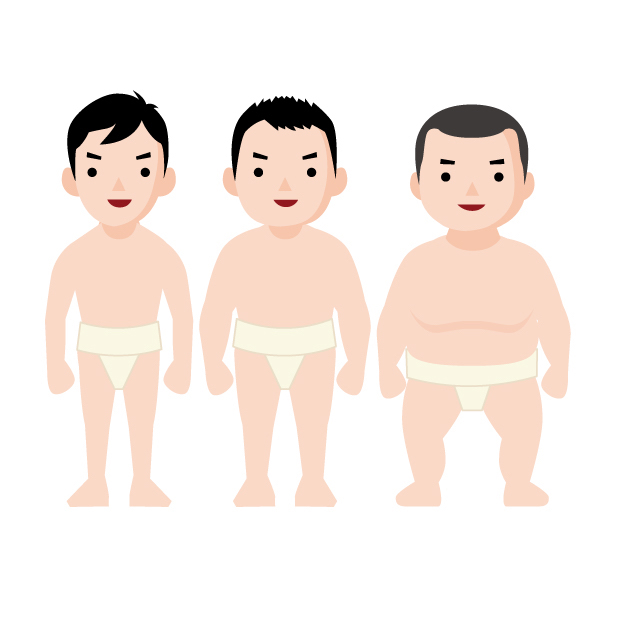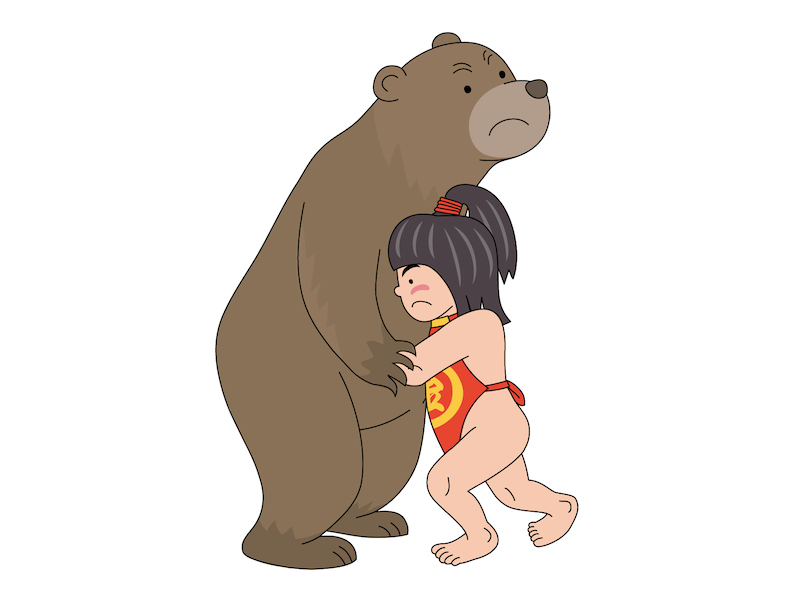There are no weight restrictions in sumo.
To become a professional sumo wrestler, one must undergo the evaluation of the Japan Sumo Association. While it is stated that there are no weight restrictions, there is actually a minimum requirement set by the association’s rules, which stipulate a height of 167cm or above and a weight of 67kg or above. However, in the past year (2023), part of the regulations changed, allowing candidates who do not meet these criteria to pass the secondary assessment, which evaluates their athletic ability. Previously, some individuals resorted to desperate measures such as embedding silicone in their heads or consuming large amounts of water just before the examination to meet these standards.


In the January tournament, a match in the Jonidan division garnered attention when the lightest wrestler, Ultra (named after Ultraman Taro!), weighing 60kg, defeated Higo no Ryu, who weighed 209.2kg. Ultra might have initially weighed over 67kg when he joined, but it seems he later shed weight. While gaining weight through eating is considered part of a wrestler’s training, some individuals naturally have a constitution that prevents them from gaining weight.
Although it’s rare to find such lightweight wrestlers among the top-ranked competitors, in the top division (Makuuchi), there is a wrestler named Midori Fuji (174cm, 116kg) who is relatively small. When he defeats larger opponents, the crowd becomes electrified.
For smaller wrestlers to defeat larger ones, they require various techniques and strategies, as well as the courage to overcome fear. The lack of weight categories might seem unfair, but the sight of smaller wrestlers facing off against larger opponents is one of the joys of watching sumo, inspiring audiences with their determination and bravery.

